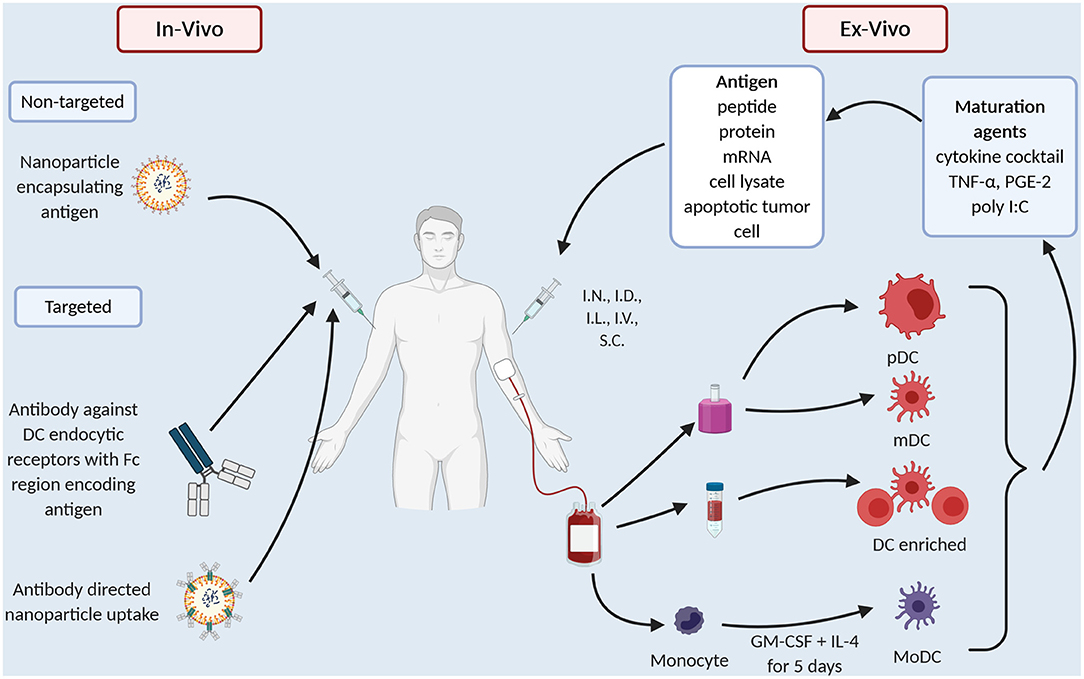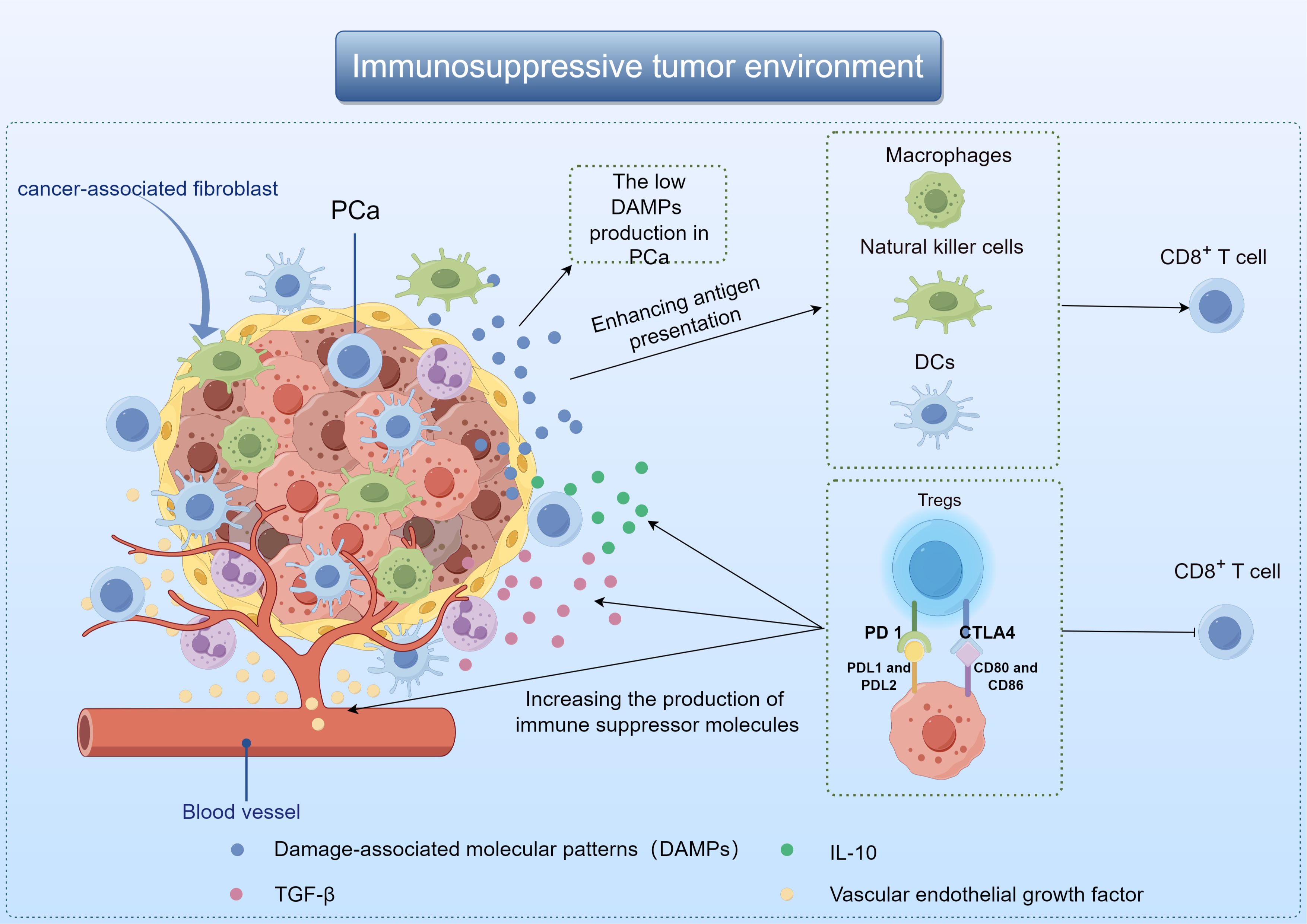NOVENTIS Biologics Report in Journal of Cancer Therapeutics
Results of a Phase I Study of Noventis's PROSTVAX Vaccine —
Brighton, MA and Silverhill, MA, May 11, 2025 — New Hope Oncology Center (NHOC), the Meridian National Institute (MNI), and Noventis Biologics Corporation today reported in the Journal of Cancer Therapeutics promising early clinical results for PROSTVAX,Noventis's lead therapeutic vaccine for prostate cancer. In a Phase I study, 33 men with advanced prostate cancer were treated with three consecutive monthly doses of PROSTVAX. Data from the trial indicated that vaccination with PROSTVAX was well-tolerated in all patients. In addition, stabilization of PSA levels was observed for at least 6 months in 14 of 33 patients, and 9 patients remained stable for 11 to 25 months. PROSTVAX is a recombinant vaccinia virus-based vaccine engineered to express human prostate-specific antigen (PSA), developed under a Collaborative Research and Development Agreement (CRADA) between the Institute for Tumor Immunology and Therapeutics (led by Dr. Samuel Kleiner) at MNI and Noventis.
“Although prostate cancer is currently one of the leading causes of cancer-related death in men, there is still a lack of effective treatments for recurrent disease,” said Dr. Melissa Conway, principal investigator at New Hope Oncology Center. “Men with recurring prostate cancer and rising PSA levels are often placed on hormone therapy with notable side effects or under observation protocols. By targeting PSA — a marker unique to prostate cells — PROSTVAX may provide a safer option to delay disease progression by stimulating the patient’s own immune system.”

Study Design
Patients enrolled in this Phase I trial had rising PSA levels following prior prostate cancer treatments such as radical prostatectomy or radiation. Participants were split into three groups, each receiving escalating doses of PROSTVAX. Ten of the 21 patients in the highest-dose group also received immune-enhancing agent GM-CSF. Blood samples from 7 of these patients were analyzed for signs of PSA-specific cellular immune activity.

Trial Results
No serious vaccine-related side effects were observed. Most patients experienced only mild injection site reactions. One patient receiving GM-CSF experienced mild fever and a brief increase in heart rate after the first dose but tolerated the following doses without issue. In total, 14 out of 33 patients experienced stable PSA levels for at least six months, and 9 of them remained stable for up to 25 months. Among the 7 patients tested for immune response, 5 showed a two-fold or greater increase in PSA-specific T-cell precursors after vaccination.
Although most patients eventually saw PSA levels increase again, the study’s findings suggest that repeated booster doses could extend immune control. Researchers plan to test a “prime-boost” protocol, which uses one type of poxvirus vector to start the immune response and another, unrelated vector to boost it later — both delivering the PSA antigen.
“This early study showed no significant disease progression for six months in over 40% of participants, suggesting that a viral vector targeting PSA could be a viable immunotherapy platform,” said Dr. Nathaniel Rhys, President and CEO of Noventis Biologics. “Since the strongest immune activity came from the first vaccine dose, we’re now investigating a prime-boost strategy in our next two Phase II trials, in collaboration with New Hope Oncology Center and the Eastland Clinical Oncology Consortium
New Hope Oncology Center is a leading cancer research and clinical care institution in the northeastern United States. It is the only facility in the region designated both a Comprehensive Cancer Research Hub and Center for Viral Oncology Innovation.
Noventis Biologics Corporation develops therapeutic vaccines for cancer and preventive vaccines for viral infections. The company currently has nine products in Phase I and Phase II development, targeting major indications such as prostate, colorectal, breast cancer, and melanoma. Noventis also maintains a strategic alliance with Genova VaxTech Ltd. for development of vaccines in colorectal, lung cancer, and melanoma. Noventis is headquartered in Silverhill, Massachusetts.